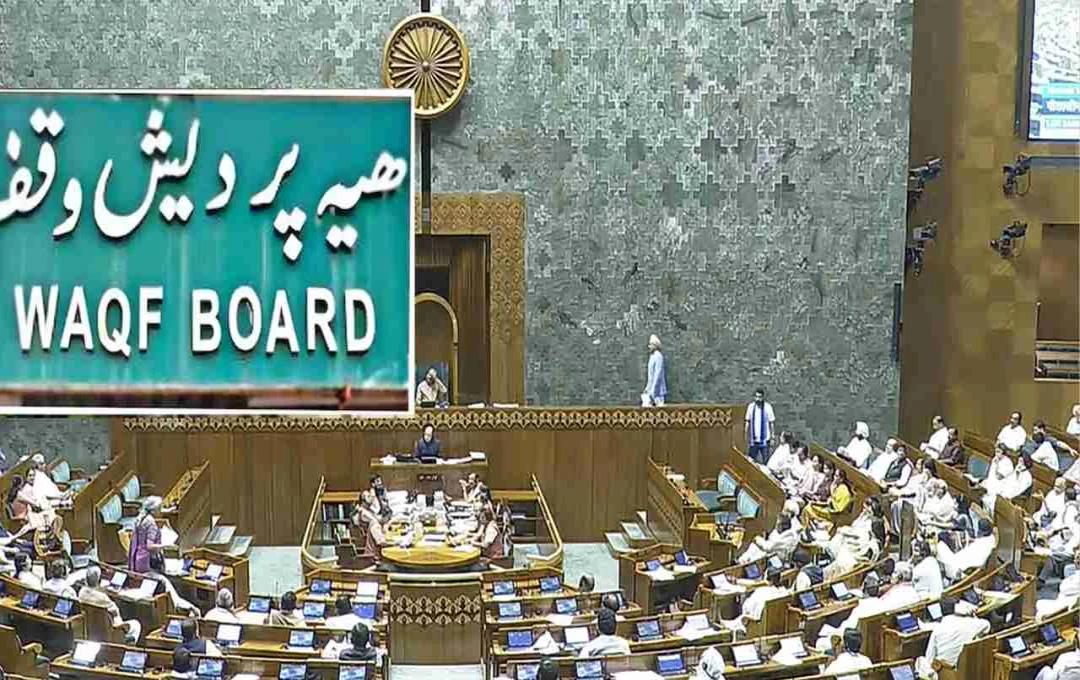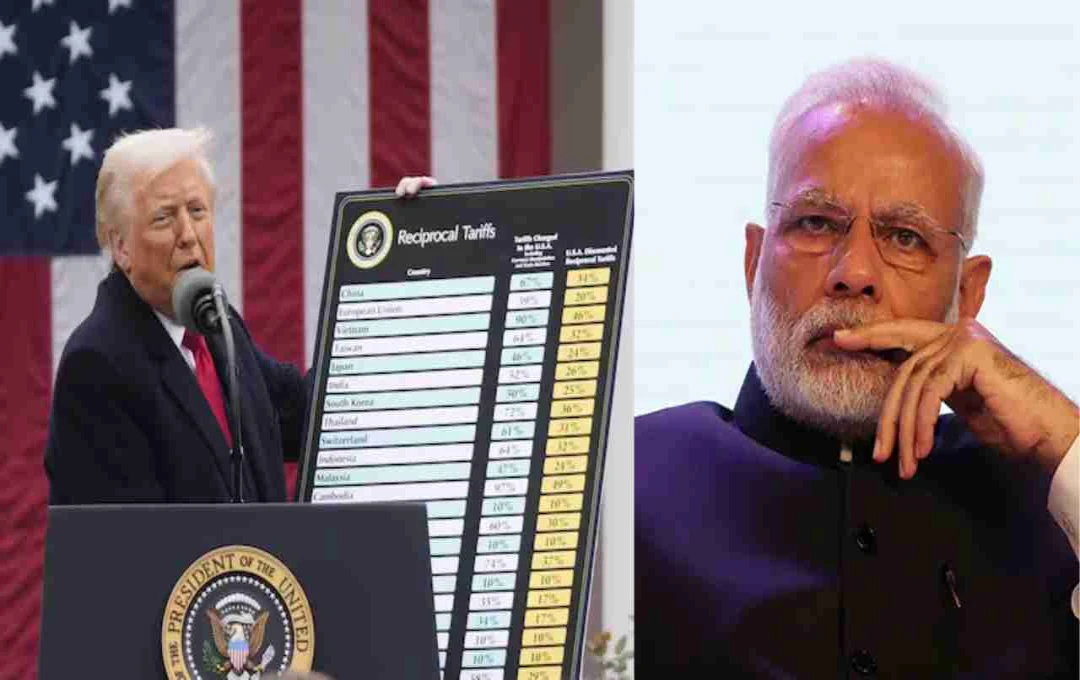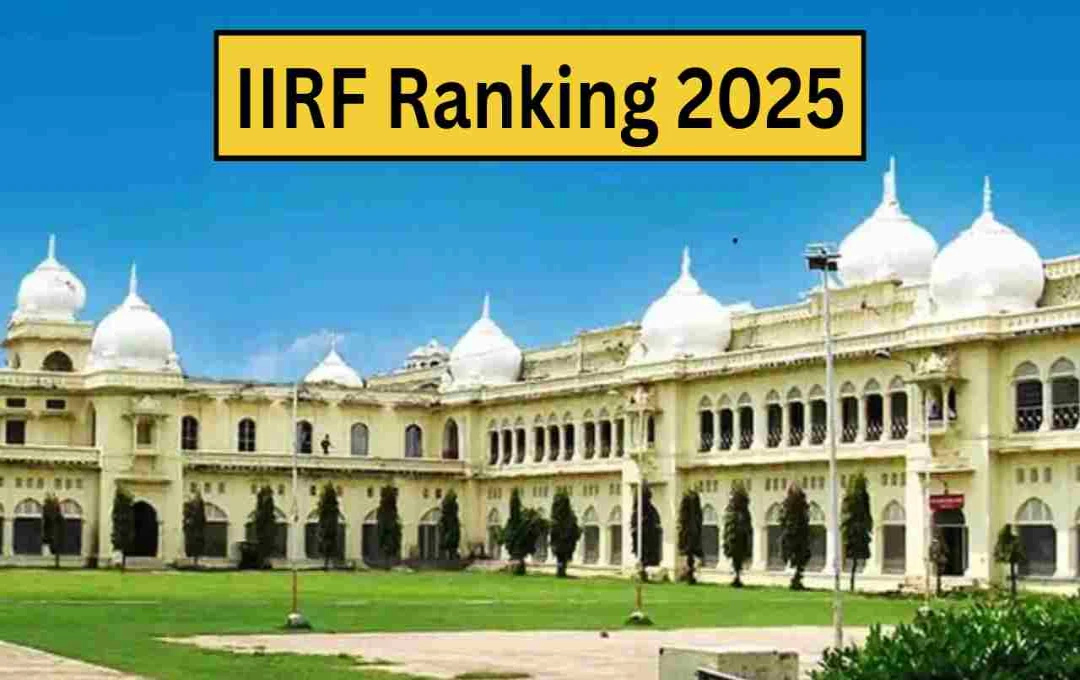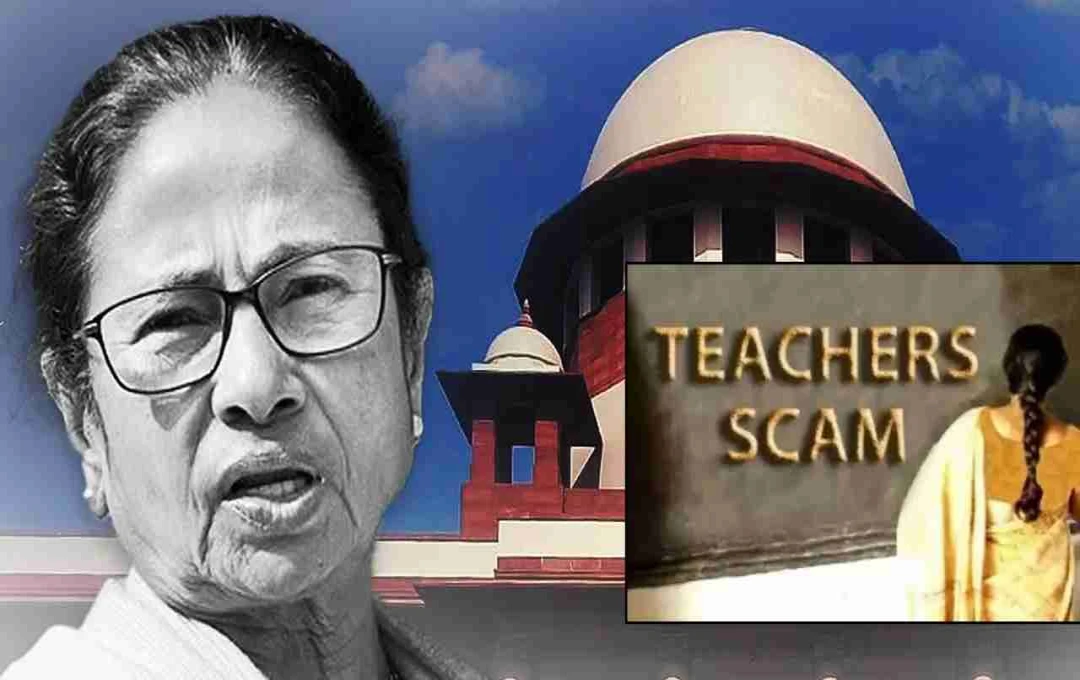The government will introduce a Waqf amendment bill in Parliament, aiming to increase transparency and women's participation. Opposition parties and the Muslim community have voiced b opposition, alleging increased government interference.
Waqf Act Amendment: Today, April 2nd, the central government is set to introduce a Waqf amendment bill in Parliament. It will first be presented in the Lok Sabha and debated throughout the session. Home Minister Amit Shah has already indicated that this amendment aims to enhance transparency and accountability within Waqf boards. However, this proposal has sparked concerns among the Muslim community and opposition parties.
What is Waqf and how does its system function?
Waqf is an Islamic tradition where property is permanently dedicated to religious and social welfare. Its administration rests with Waqf boards, which manage and utilize these assets. In India, there are approximately 9.4 lakh acres of land and 8.7 lakh Waqf properties, with an estimated value of ₹1.2 lakh crore. The Waqf board's role is to manage these properties appropriately for religious purposes.
Why is the government amending the Waqf law?
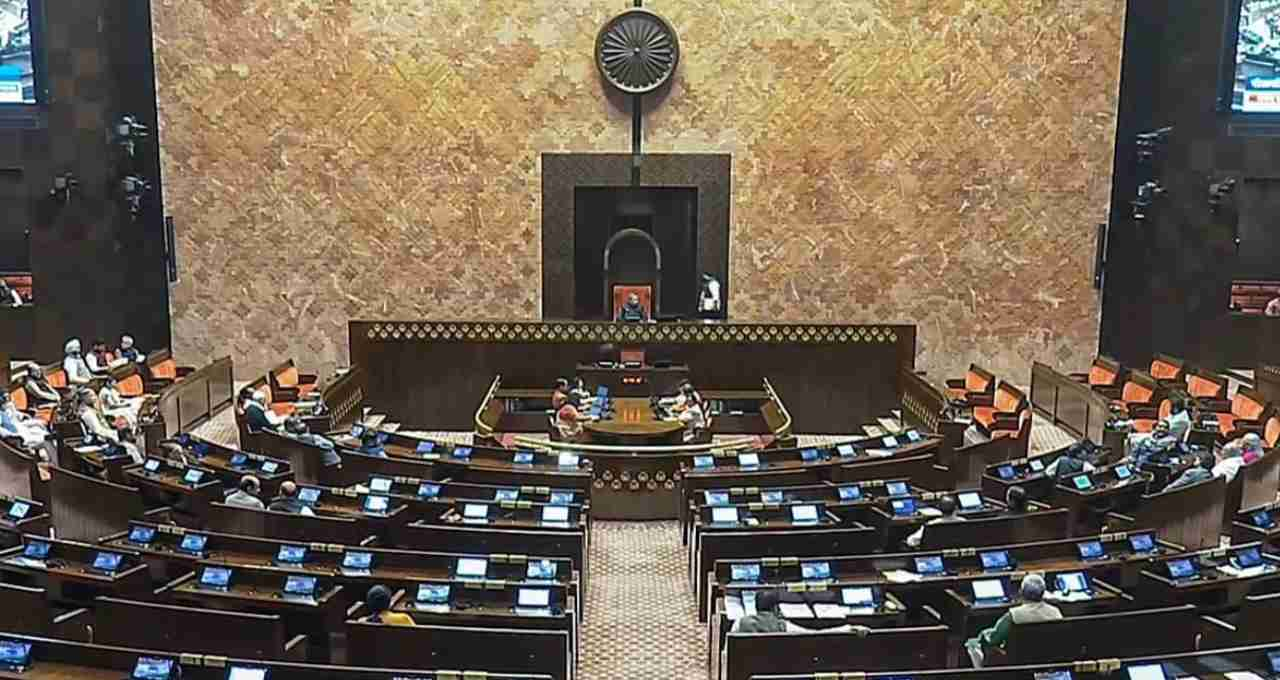
The government argues that the current Waqf law has several shortcomings, hindering the proper utilization of these properties. Furthermore, irregularities in management have been observed in some cases. The government claims this amendment is necessary to bring transparency and accountability to Waqf boards.
What changes are proposed in the Waqf amendment bill?
- Mandatory registration of properties: Every Waqf property will now be mandatorily registered with the district collector. This will facilitate accurate assessment and proper management of properties.
- Changes in the structure of the Waqf board: Currently, Waqf board members are elected; however, after the amendment, government-nominated members will be part of the board. Non-Muslims may also be included.
- Mandatory participation of women: The government intends to increase women's participation in Waqf boards. Under the new provisions, the appointment of women members to the board will be mandatory.
- New process for dispute resolution: Currently, thousands of cases related to Waqf properties are pending in courts. The new amendment proposes a better legal framework for their resolution.
Why the opposition from the Muslim community and the opposition parties?
- The opposition and the Muslim community believe this amendment will increase government interference in religious properties.
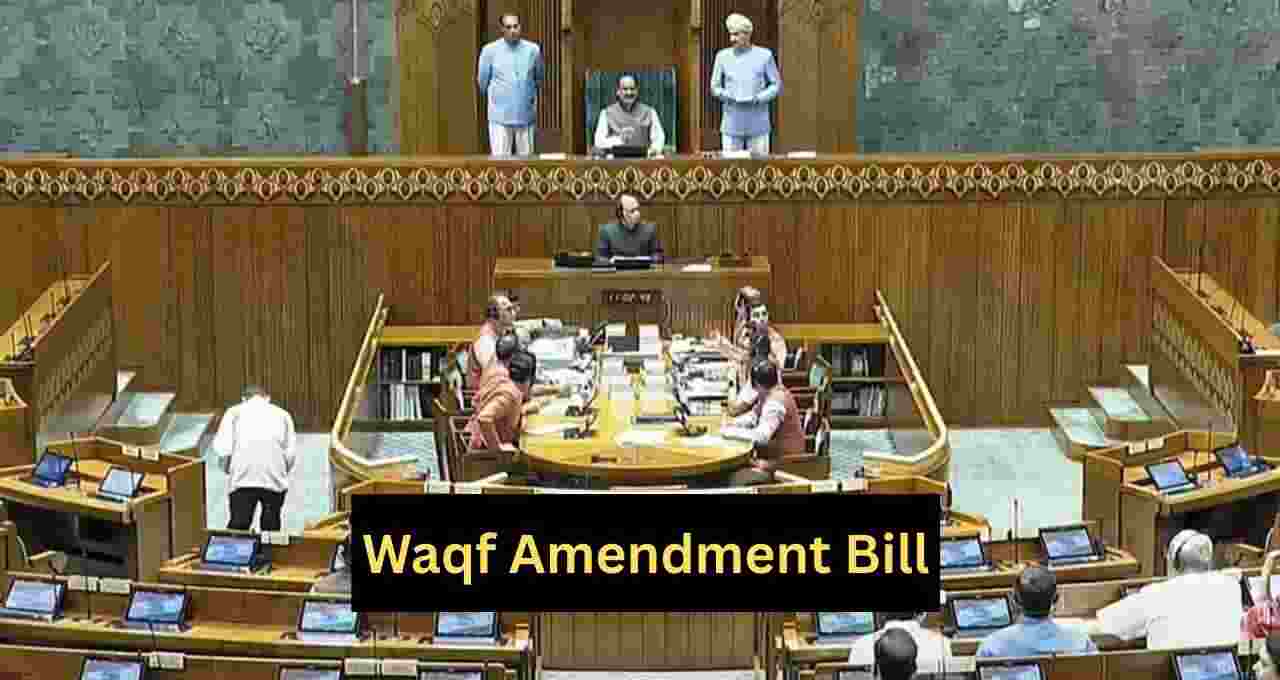
- Opposition parties claim the bill is an attempt by the government to gain direct control over Waqf boards.
- Muslim organizations believe this will end the independence of Waqf properties, allowing the government to utilize them according to its own interests.
- Some scholars argue that it violates the religious rights granted by the Constitution.
Status of Waqf disputes and legal challenges
Numerous disputes related to Waqf properties are pending in courts across India. The Waqf Tribunal currently has approximately 40,951 pending cases, of which 9,942 cases have been filed by the Muslim community against the Waqf boards. Several factors contribute to these disputes, including mismanagement of properties and unauthorized occupations.
Judicial review of Waqf Tribunal decisions
If the Waqf Tribunal makes a decision regarding a property, that decision can be challenged in the High Court. This allows affected parties an opportunity to seek justice.
Can a Waqf board claim any property?
No, a Waqf board can only claim properties that have been dedicated to religious and social works. The Waqf board has no authority over private properties.
